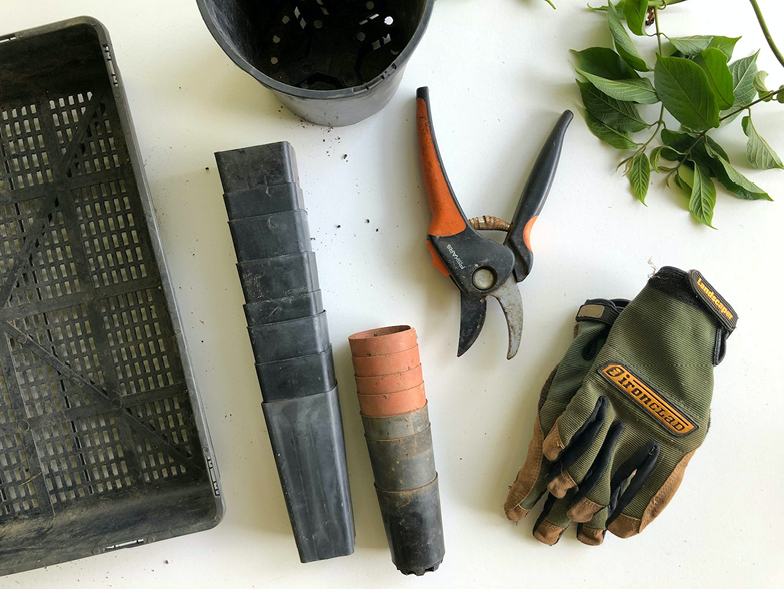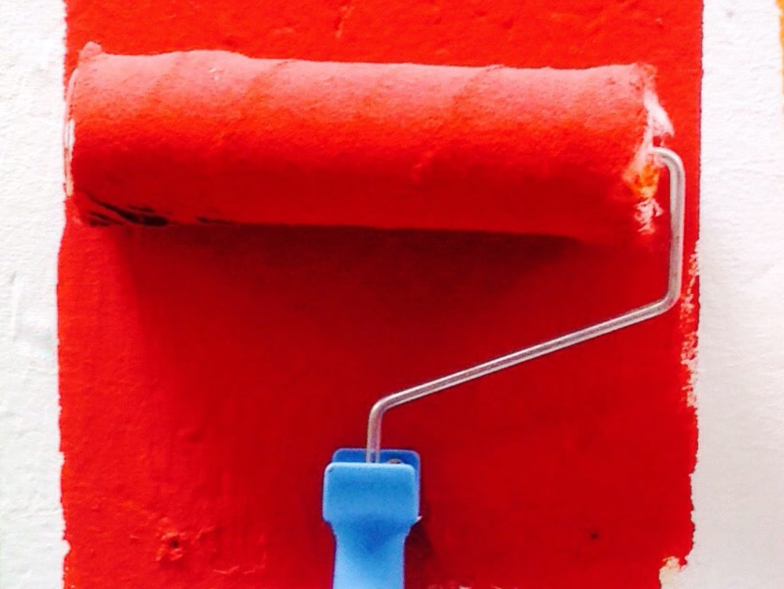According to the most recent Generational Trends report from the National Association of REALTORS®, Millennials currently make up the majority of home buyers, with Gen Z waiting in the wings as the next generation of first-time home buyers. Both cohorts hold overwhelmingly positive attitudes toward homeownership as a major life goal. The main reason given for their home purchases? “It was just the right time to buy.”
How do you know if it’s time to buy a home?
Determining the right time to buy can be a challenge. Many Millennials and Gen-Zers remember all-to-well the financial upheaval of the foreclosure crisis and the risks involved in buying a home at the wrong economic moment—and with insufficient financial resources. However, rather than allow this to discourage you from buying, it’s important to spend some time evaluating your particular circumstances and learning as much as you can about the process.
Financial Considerations
The first thing to consider as you think about homeownership is your overall financial readiness. You’ve heard the cliché, “A home is the single biggest investment most people will make in their lifetimes.” Well, it’s a cliché because it’s true. That’s why it pays to ensure that you are financially prepared for homeownership.
Employment History
A stable history of employment is important both from the lender perspective and to ensure that you will be ready for the financial requirements of homeownership. While many lenders require two years of previous employment, remember that relevant college coursework can be part of that desirable pattern. For those who are self-employed or gig workers, past tax returns and profit and loss statements to establish a reliable income are essential.
Credit Score
If you haven’t already, you’ll want to ensure that your credit score is as high as it can be. Start early by obtaining copies of your credit report from each of the major reporting agencies. Pay bills on time, pay down debt, and correct any errors on your report.

Cash Reserves
You’ll need to save up money for a variety of aspects of home buying and homeownership, including all of the following:
- Down payment (20% of the purchase price for conventional mortgages, 3-5% for FHA)
- Earnest money deposit (1–5% depending on the market and conditions; due upon offer date, applied to cash due at closing)
- Lender required cash reserves on hand (typically two-months-worth of mortgage payments)
- Closing costs (2–5% of the purchase price, depending on the state)
- Prepaid expenses (e.g., prorated amounts for taxes, insurance, and other upfront costs)
- Moving expenses (highly variable depending on the company, distance, and services provided)
In addition, you’ll want to have money on hand for the unexpected, both good and bad. Perhaps an appliance will decide to die right after you move in and need to be replaced. Perhaps you’ll want a new TV for your new, larger living room. Additional furniture and those little touches that make a house a home can all add up—and add to your out-of-pocket expenses.
In order to feel secure, you’ll also want to have several months of living expenses in savings in case of a disruption to your job or income. This financial cushion will help you feel ready for whatever happens and offer you added peace of mind in the event of illness or an unexpected job loss.
Practical Considerations
Once you’ve got your financial house in order, it’s time to start thinking about the nuts and bolts of the home search.
Future Plans
What are your plans for the next several years? Is there a possibility that your job could take you to a new market? If so, will you try to sell your home or hold it as a rental property? Do you see a marriage or children in your future? Are you looking for a small starter home or one with some space to grow into? In real estate, the five-year rule generally holds: you need to own a home for five years in order to make back the money you put into it.
Lawn Care
Do you enjoy lawn maintenance and upkeep or avoid it like the plague? This may make a difference when you’re deciding between a single-family home and a condo. Is a larger yard worth a longer commute? While outdoor maintenance may seem like a minor inconvenience, it can become a major headache if you don’t have the time or resources to properly maintain your home’s exterior and landscaping.
Home Maintenance
Are you handy around the house or do you barely know how to change a lightbulb? It may be worth your while to learn a bit more about home repair before you buy your first home. You don’t have to attain weekend warrior status to become competent at small repairs, and doing so will save you both time and money.
Working with your real estate professional
Finding a great real estate agent is the first step toward helping you properly evaluate your options and prepare to buy a home. Your agent will help you in the following ways:
- Determine your budget and narrow down what you’re looking for.
- Recommend a great lender who can help you prepare for the mortgage process.
- Recommend other professionals like insurance agents, contractors, and title companies to help you at every step.
- Guide you through evaluating your options and crafting a winning offer.
- Negotiate on your behalf and fulfill their fiduciary obligations to only act in your best interest.
- Guide you through the home inspection and appraisal processes, all the way to the closing table.
Ultimately, only you can answer the question, “Is this the right time to buy a home?” Don’t allow your decision to be made by market conditions, interest rates, or the advice of your parents or friends. Take the time to analyze your personal goals, seek out good advice, and then make the decision that makes the most sense for you.






Comments
Post a Comment